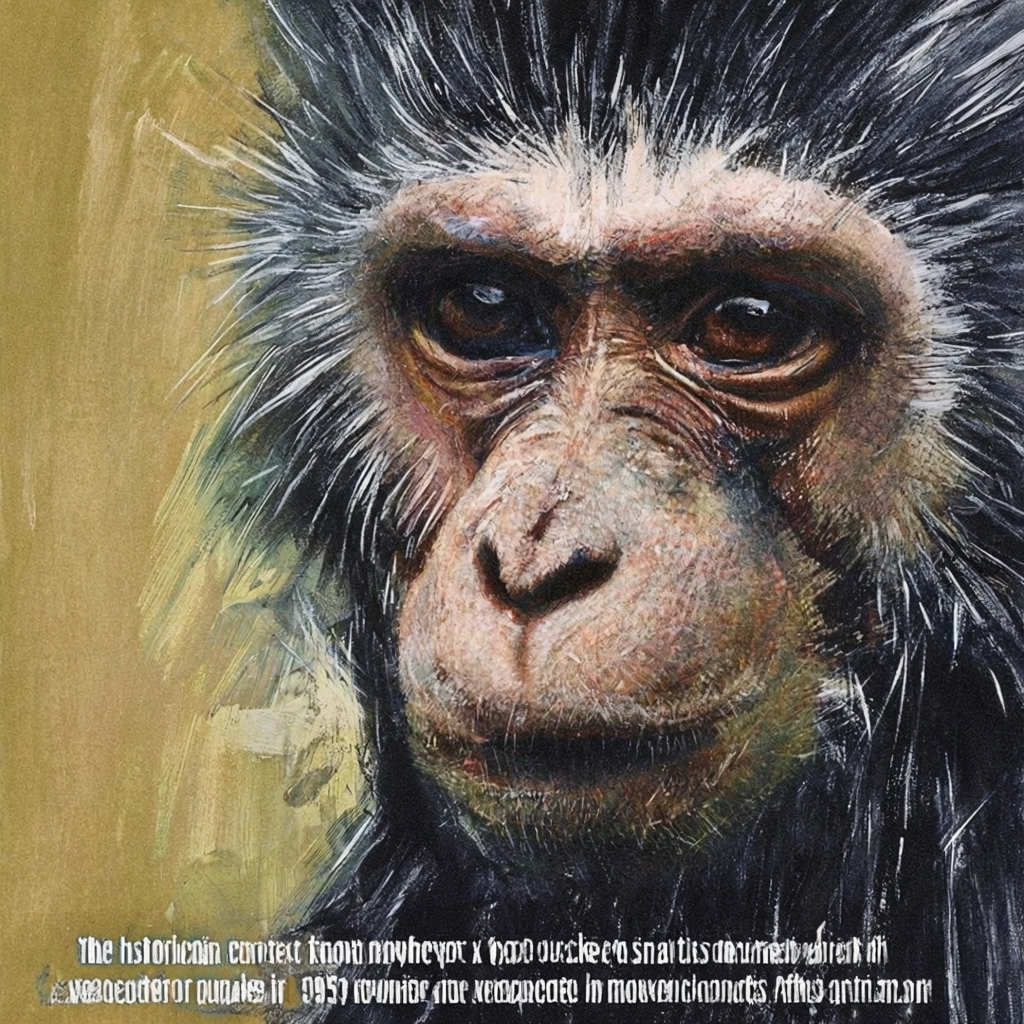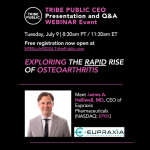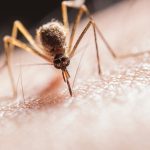
The discovery of monkeypox virus dates back to 1958, when outbreaks of a pox-like disease occurred in research monkey colonies. Despite its name, the virus’s origin remains uncertain, with scientists suspecting African rodents and non-human primates as potential reservoirs. The first human case was recorded in 1970 in the Democratic Republic of the Congo. For decades, mpox cases outside Africa were rare and typically linked to travel or imported animals. However, the global landscape changed dramatically in 2022 when the disease spread worldwide, prompting increased awareness and public health responses. This outbreak led to the World Health Organization renaming the disease to “mpox” in 2022, aligning with guidelines to avoid cultural and social stigmas associated with disease names. Here’s an excerpt from the WHO website on monkeypox “The monkeypox virus is an orthopoxvirus that causes mpox (monkeypox), a disease with symptoms similar to smallpox, although less severe. While smallpox was eradicated in 1980, mpox continues to occur in countries of central and west Africa. Since May 2022, cases have also been reported from countries without previously documented mpox transmission outside the African region. Two distinct clades of the monkeypox virus have been identified: Clade I (previously known as the Congo Basin (central African) clade and Clade II (the former west African clade). Mpox is a zoonosis, a disease that is transmitted from animals to humans, with cases often found close to tropical rainforests where there are animals that carry the virus. Evidence of monkeypox virus infection has been found in animals including squirrels, Gambian pouched rats, dormice, different species of monkeys and others. The disease can also spread from humans to humans. It can be transmitted through contact with bodily fluids, lesions on the skin or on internal mucosal surfaces, such as in the mouth or throat, respiratory droplets and contaminated objects. Detection of viral DNA by polymerase chain reaction (PCR) is the preferred laboratory test for mpox. The best diagnostic specimens are taken directly from the rash – skin, fluid or crusts, or biopsy where feasible. Antigen and antibody detection methods may not be useful as they do not distinguish between orthopoxviruses.” On August 14, WHO Director-General Dr Tedros Adhanom Ghebreyesus determined that the upsurge of mpox in the Democratic Republic of the Congo (DRC) and a growing number of countries in Africa constitutes a public health emergency of international concern (PHEIC) under the International Health Regulations (2005) (IHR). Dr Tedros’s declaration came on the advice of an IHR Emergency Committee of independent experts who met earlier in the day to review data presented by experts from WHO and affected countries. The Committee informed the Director-General that it considers the upsurge of mpox to be a PHEIC, with potential to spread further across countries in Africa and possibly outside the continent.
Tribe Public’s Webinar Presentation and Q&A Event Titled “Now Is Not The Time to Monkey(pox) Around” was held on Friday, Aug. 23 with GeoVax Lab’s CEO David Dodd who provided a detailed overview of Mpox including commentary on the rapid spread and methods for control, treatment, and prevention. You may view this video now to learn more and that has been viewed over +40,000 times since Friday by clicking the link below:

GeoVax Labs, Inc. (NASDAQ: GOVX) is a clinical-stage biotechnology company developing novel vaccines for many of the world’s most threatening infectious diseases and therapies for solid tumor cancers. The company’s lead clinical program is GEO-CM04S1, a next-generation COVID-19 vaccine for which GeoVax was recently awarded a BARDA-funded contract to sponsor a 10,000-participant Phase 2b clinical trial to evaluate the efficacy of GEO-CM04S1 versus an approved COVID-19 vaccine. In addition, GEO-CM04S1 is currently in three Phase 2 clinical trials, being evaluated as (1) a primary vaccine for immunocompromised patients such as those suffering from hematologic cancers and other patient populations for whom the current authorized COVID-19 vaccines are insufficient, (2) a booster vaccine in patients with chronic lymphocytic leukemia (CLL) and (3) a more robust, durable COVID-19 booster among healthy patients who previously received the mRNA vaccines. In oncology the lead clinical program is evaluating a novel oncolytic solid tumor gene-directed therapy, Gedeptin®, in a multicenter Phase 1/2 clinical trial for advanced head and neck cancers. GeoVax has a strong IP portfolio in support of its technologies and product candidates, holding worldwide rights for its technologies and products. The Company has a leadership team who have driven significant value creation across multiple life science companies over the past several decades. For more information about the current status of their clinical trials and other updates visit www.geovax.com.




















































































































































































































































